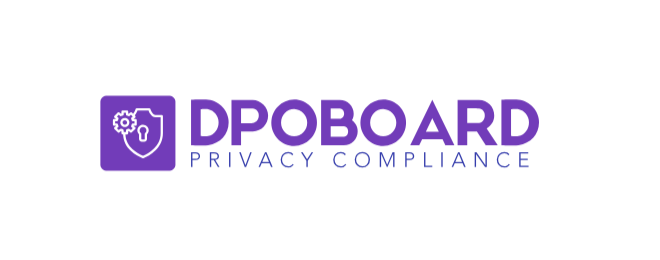Recent Court of Justice of the European Union's Ruling on Data Subject Access Request: Strengthening Data Subjects' Rights
In recent years, the General Data Protection Regulation (GDPR) has played a pivotal role in empowering individuals with greater control over their personal data. The Court of Justice of the European Union (CJEU) has further strengthened data subjects' rights through a series of landmark rulings, including its recent decision in RW v. Österreichische Post AG (Case C-154/21). This ruling reinforces the importance of providing comprehensive and transparent information to data subjects in response to data subject access requests (DSARs).
Expanding the Scope of Data Disclosure
The CJEU's decision in RW v. Österreichische Post AG centered on the interpretation of Article 15(1)(c) of the GDPR, which stipulates that data controllers must inform data subjects about the "recipients or categories of recipient" of their personal data. While the GDPR allows for disclosure of the mere categories of recipients in certain circumstances, the CJEU emphasized that data subjects generally have the right to know the specific identity of the individuals or entities to whom their personal data has been disclosed.
This ruling has significant implications for organizations that process large volumes of personal data. It highlights the need for robust data management practices that ensure accurate and up-to-date records of data recipients. Organizations must be prepared to promptly identify and disclose specific recipients upon receiving a DSAR, unless they can demonstrate that such disclosure is manifestly unfounded or excessive.
Enhancing Transparency and Accountability
By emphasizing the importance of providing comprehensive and transparent information to data subjects, the CJEU's ruling reinforces the GDPR's overarching objectives of promoting transparency and accountability in data processing practices. Data subjects' right to access their personal data is a fundamental pillar of the GDPR, enabling them to understand how their data is being used and to exercise their rights under the regulation.
The CJEU's decision serves as a reminder that organizations must not only comply with the letter of the GDPR but also adhere to its spirit of empowering individuals with greater control over their personal information. By proactively providing clear and accessible information about data processing practices, organizations can foster trust and transparency with their customers, employees, and other stakeholders.
Implications for Organizations
The CJEU's ruling underscores the need for organizations to review and adapt their data access procedures to ensure compliance with the GDPR's requirements. Key considerations include:
Establishing clear and documented procedures for handling DSARs, including timelines for response and the format for providing information.
Implementing data management systems that accurately track the processing activities and recipients of personal data.
Training employees on the GDPR's requirements for data access requests and providing them with the necessary tools and resources to effectively respond to DSARs.
Regularly reviewing and updating data access procedures to reflect changes in the organization's data processing practices or evolving legal requirements.
By proactively addressing these considerations, organizations can minimize the risk of non-compliance and demonstrate their commitment to upholding data subjects' rights under the GDPR.
